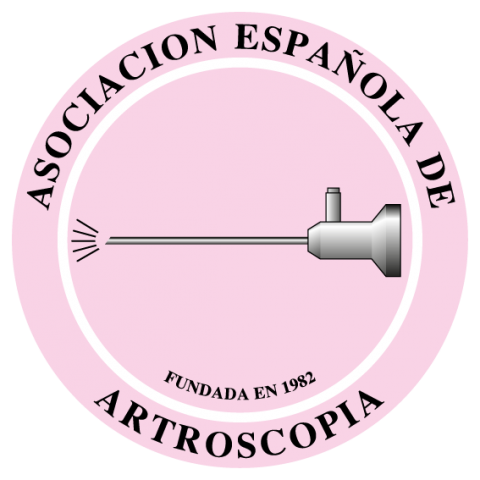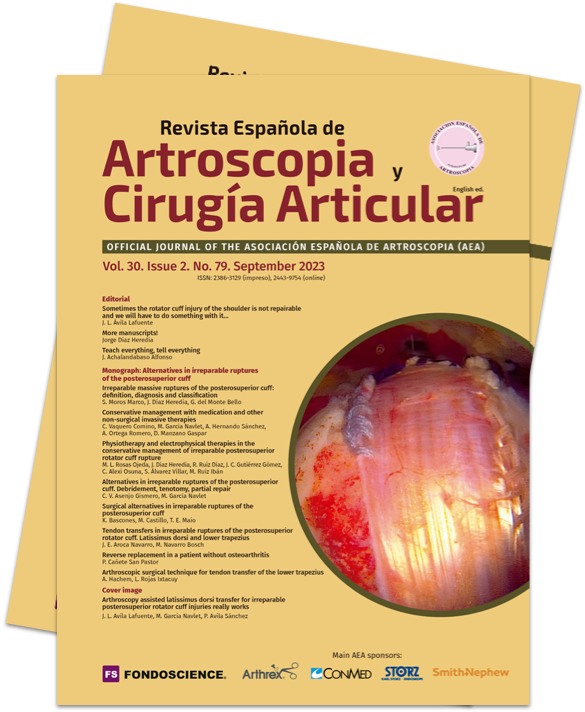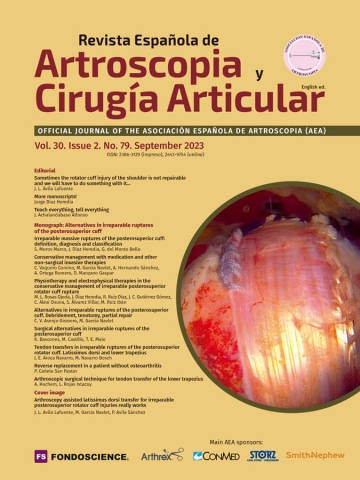Here we never plant the potatoes on the left side of the field, explained Gregorio very seriously. The beans go on the left and the potatoes are planted on the right...
When I asked about the reason for this surprising circumstance, he simply stated: "here things have always been done that way". Well, hiding a smile, I went to see a biologist acquaintance of mine who works in the Department of Agriculture, to ask about an intensive treatment option for this piece of land which clearly, and considering the latest advances in the potato biosphere, was in need of a good dose of fertilizer of the brand "Espléndor", together with a sulfate solution with which to generously irrigate the soil.
So, accompanied by the murmuring and psalmodies of Gregorio, that spring we prepared the left side of the land and planted about 25 kg of top quality potatoes that we obtained through the secretive contacts of my friend the biologist.
As the reader may imagine, with so much care and effort, the result was as expected: the harvest was surprising, and was widely commented among the villagers. Quite many plants were seen to grow, albeit a little withered, but as far as actual potatoes are concerned... there was not even one...
But orthopedic surgeons are not farmers, and when something goes wrong, or the outcome is not as expected, we must ask ourselves "why", over and over again. Try it again, even while Gregorio tells the story of the embarrassing failure of the potato crop to anyone willing to listen... We must sit down in silence and ponder things until the answers to our questions are found. We must read the opinion of others before us, patiently searching among those lesser known but no less reflexive authors. And we have to keep operating and taking note of things. We must carefully file our experiences and let life pass by placidly while our own internal experience grows like a treasure, enriched by what our colleagues tell us. Because all the expected and unexpected results, complications and catastrophes have an explanation, and a logical and transparent response that we need to discover.
And we have to write, of course... Face the blank sheet and fill it with observations and uncertainties, impressions, hopes, mere smoke and foul smelling humours, shameful errors... and read things over again every now and then.
And we should sit in the evening under our favourite tree, pondering and suspecting the answers while we take small sips of the following isotonic solution:
Ingredients:
6 nice large pieces of ice.
5 ml of tonic water.
5 ml of gin at 4ºC. No refill cap bottle.
A thick slice of lemon.
Preparation:
Add the pieces of ice to a wide cider-type glass in a circular distribution to afford a cooling effect. Add the gin from a height of about 10 cm, letting it splash and gently slip through the ice. Squeeze the lemon over the transparent mix, letting it settle on the bottom of the glass while shaking gently with elegant circular movements.
Add the tonic and stir with a clean (but not necessarily sterile) spoon.
And we let our thoughts flow gently. Maybe we will remember our favourite operation while the questions and answers beckon furiously. Question what you have read... maybe it was all lies written by people just seeking to better their personal curriculum. Check every official truth... in case the world is flat after all. Show distrust of those who write to increase their sales, of those who write so that nobody understands them; long lists of incomprehensible data that they have not understood and which do not make understanding possible. Don't listen to tightwads, those of selfish ambition, the greedy, the dumb, the thieves or the smarmy... Analyze what you truly know, what you have checked from your own experience. And don't think of dying without first having published it. Because there are answers that need more than one life, that need two, a hundred, a thousand lives. We must note them down on a sheet, in a book, on the Internet, or tell them to a friend... but we should not break the chain of science.
And we have to teach, of course... Teach everything, tell everything. Begin by teaching the things you feel almost sure about, explaining how you have drawn those conclusions; tell the things you believe in, but which you have not been able to confirm. Be sincere, as sincere as possible within your doubts. Never teach what you don't know; don't talk about subjects in which you are not an expert or which you have not pondered while sitting under the tree; and don't talk about things where you do not have the answers or at least the correct questions. And remember that a one-line curriculum that has been useful to someone is more important than lengthy sheets of descriptive and topographic publications void of meditation, dedication and solidness.
And show perseverance with humbleness, so that science can advance.
And while the answers arrive, never forget that the potatoes are planted on the right and the beans on the left. Because in our work, silly things should be kept to a minimum.
José Achalandabaso Alfonso
Chairman of the AEA 2001-2003
We are reproducing this editorial of the journal Cuadernos de Artroscopia (April 2004), of evident interest and currency, as a homage of the editorial board of the REACA to the recently deceased Dr. Achalandabaso, the teacher of many, defender of the journal, and founder and Chairman of the AEA.
The editorial team





